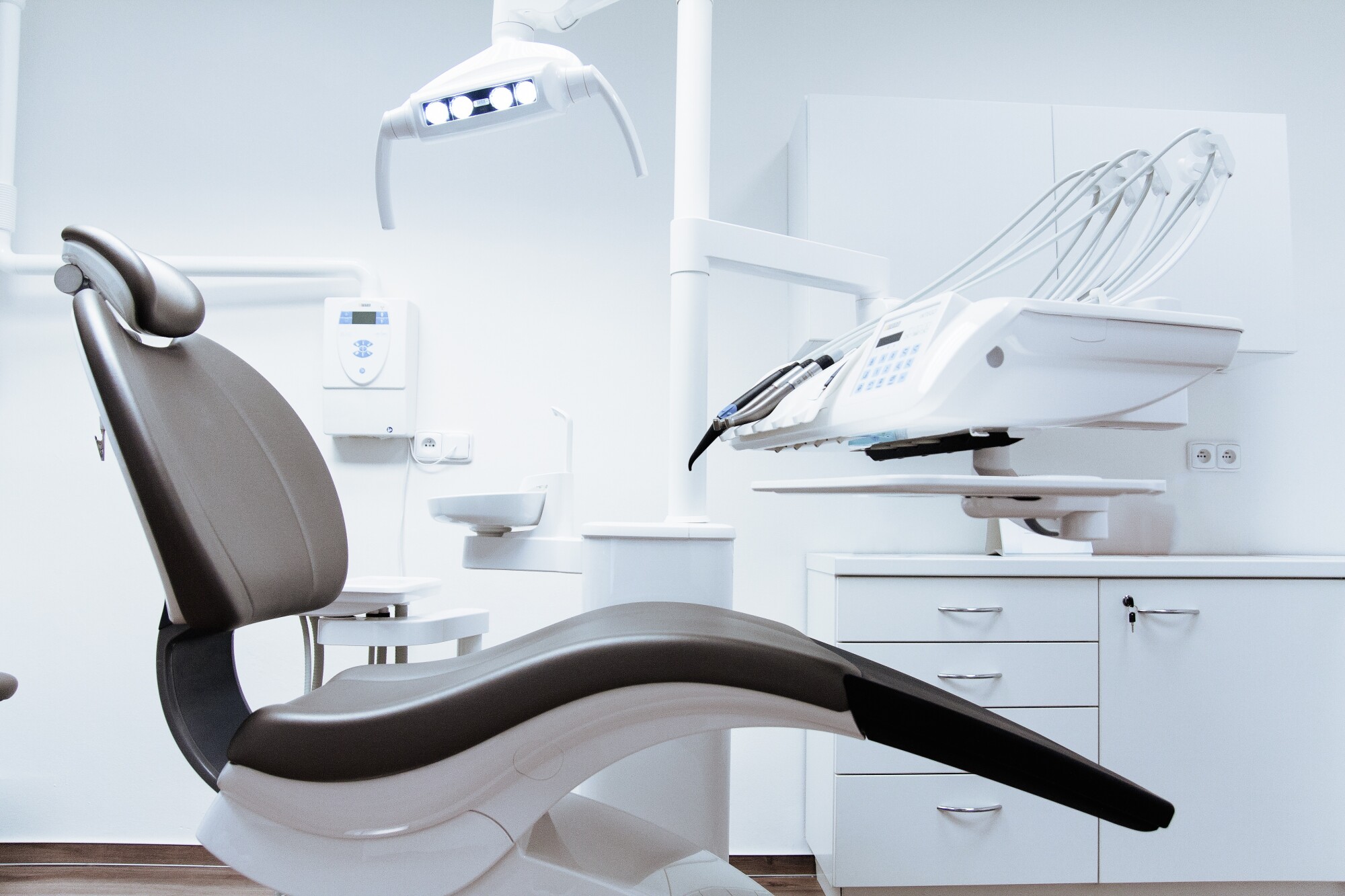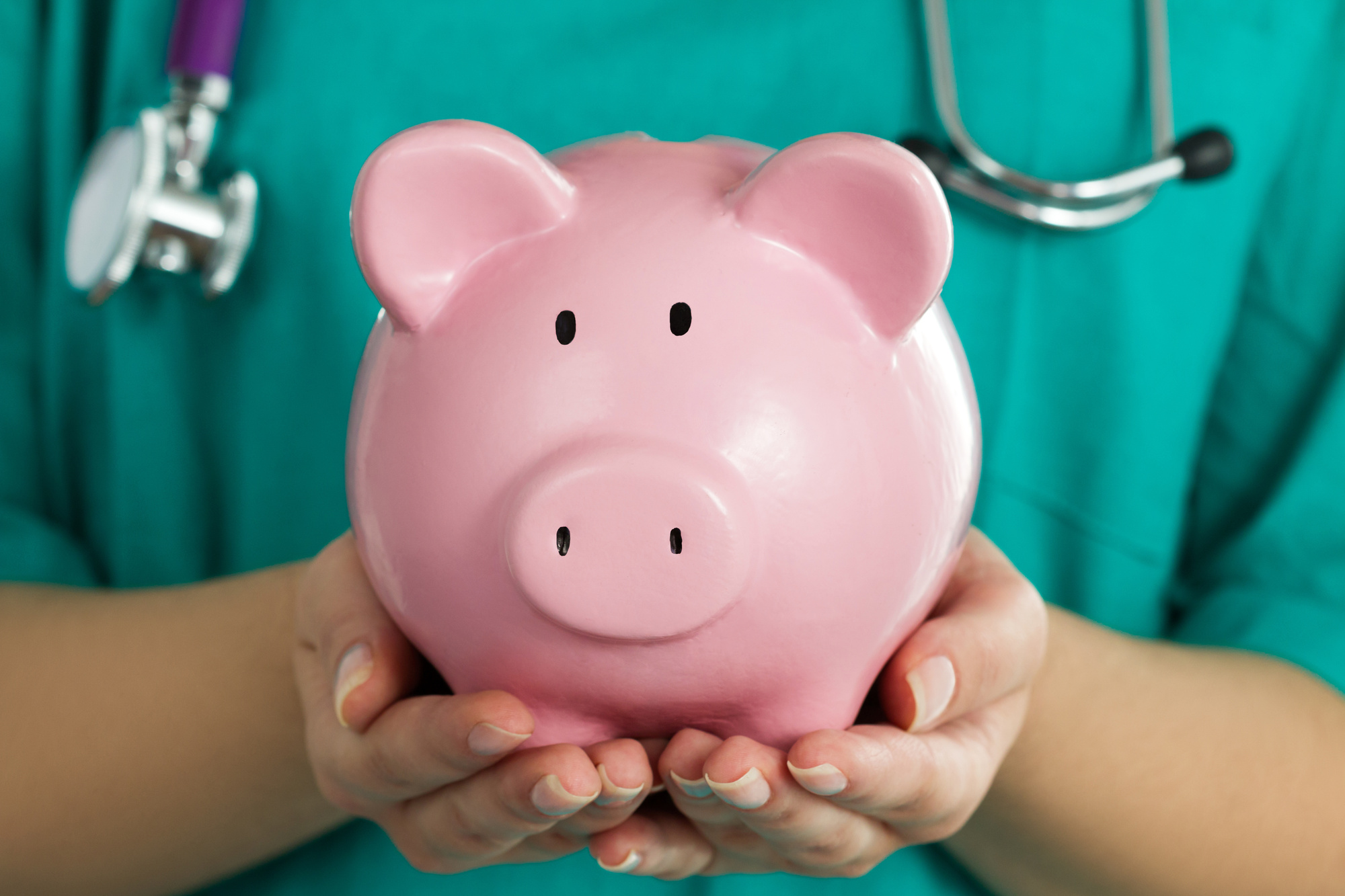Desperate For A Good Night’s Sleep? 7 Tips For Sleeping Better

68 percent of Americans have trouble sleeping. That’s 168 million people who aren’t resting enough to function well the next day. We’ve all experienced poor sleeping patterns at one time or another.
For some, it’s due to having children, anxiety, sleep disorders, etc.
You might be one of the cases of poor sleep due to lifestyle choices. Lucky for you, lifestyle is something you can alter and change.
Assess your lifestyle, habits, and choices that affect your sleep. Keep reading for the top seven tips to start sleeping better.
1. Trigger Your Circadian Rhythm
We are all born with a natural sleeping clock; it’s called the circadian rhythm. It takes signals from your body and environment to start getting tired. When it gets triggered, it starts putting your body to sleep.
There are lots of things that trigger it. Darkness, quietness, and tiredness to name a few.
You can trigger your circadian rhythm to make yourself fall asleep. Try putting away all devices an hour before bedtime. Spend that last hour before sleep reading a book or another non-screen-time activity.
Blue light emits from cell phones and can severely mess up your rhythm. Consider putting a blue light filter on your phone. In the evening when you’re still using it, the blue light won’t prolong tiredness.
2. Get Consistent
Your circadian rhythm is also triggered by routine. If you’re used to going to bed at one in the morning, that’s what it’ll continue to do.
Get in the habit of going to bed and waking up at the same time each day.
Consistency will train your body to get tired in a similar way to muscle memory. At 10 PM, other triggers will be in place and your body will naturally get tired.
Avoid getting too much sleep. This can be tempting on the weekends. Keep your sleeping patterns consistent to improve quality.
3. Avoid Caffeine
Sometimes, a good cup of joe is all you need to get your day started. This is normal and, for the most part, healthy. But, you should avoid all caffeine after mid-afternoon.
Caffeine can stay in your system for hours after you drink it. That means a 4 PM coffee could keep you wired until 9 PM. Or later.
Switch to decaf tea or coffee from 3 PM on. Or, consider drinking water instead to improve your hydration. Dehydration can sometimes get disguised as hunger which will keep you awake.
Plus, eating food late at night can spike your energy levels. This is especially true of foods that contain sugar and other carbs. Avoid snacking after dinner and before bed.
4. Optimize Your Bed
How comfortable is your bed? If you don’t say it’s the most amazing place in the world, something’s missing.
You can improve your sleep quality and duration by optimizing your bedding. Consider getting some new sheets and blankets.
If replacing your mattress is out of the question, buy a mattress topper. This will create a plusher, comfier feel to your bed.
Also, consider if your bed is big enough. You may be most comfortable when you’re spread out like a starfish. If you share your bed with your partner, perhaps you need to go up a mattress size.
5. Assess Your Sleep Environment
Besides your bed, your sleeping environment is very important. The conditions of your bedroom can affect when you fall asleep and for how long.
Start with the temperature. Most people prefer the temperature to be slightly cooler when they’re falling asleep. Experiment with what temperature you prefer for bedtime and use a fan or heater.
What do you hear when you’re falling asleep? It could be traffic, loud music, or babies crying. Consider getting noise-canceling headphones and white noise music.
Aromatherapy is helpful for getting better sleep as well. Buy a diffuser and put in a few drops of lavender essential oil. It’ll make you relax and feel calm.
6. Create a Bedtime Routine
What are the activities you always do before bed? Are they helping you get better sleep or preventing it?
Watching evening TV or a movie is relaxing for many people. But, it also prevents your circadian rhythm from doing its job.
It’s best to create a consistent routine of activities that support winding down. For example, talking with family members, journaling, stretching, and yoga. Drink a glass of water or warm milk before bed.
Come up with a couple of sleep-conducive activities that you can practice every night.
7. Get Checked for Sleep Disorders
Your lack of sleep could be from a health condition. There are many sleep disorders that affect the duration and quality of sleep.
Start by doing a sleep test at your sleep specialist’s office. They’ll likely monitor you for the night as you sleep. By tracking brain activity, they can see when and how your sleep gets broken.
One common sleep disorder is sleep apnea. This causes interrupted breathing which then wakes you out of your slumber. With this diagnosis, a sleep apnea machine could have you sleeping better.
Some sleep movement disorders can affect your rest. They include Restless Leg Syndrome and Periodic Limb Movements. These spasms of the muscles can jolt you awake.
Bruxism is another sleep disorder that can wake you up. It involves grinding the teeth so hard they make sound. The sound can pull you out of rest-mode.
Ready to Start Sleeping Better?
Consistent poor sleep can seriously affect you during the day. It’s hard to make good decisions when all you want to do is go to bed. Chronic tiredness can be dangerous for people who drive or use electrical tools for work.
Improving your sleeping habits and patterns will make you function better overall.
Use the tips above for sleeping better and improving your health. Then, check out these other useful tips to live your life to the fullest.



